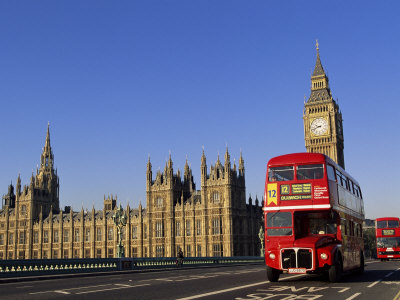After a two year absence Liverpool has decided to return to the Cannes property festival MIPIM next year and it is a move that further indicates the city’s ambition to maintain its push to develop a world class brand.
The decision has come about, partly, as a result of lobbying from the private sector. At Downtown’s ‘It’s Liverpool Business Conference’ in 2012 a number of delegates urged the mayor, Joe Anderson, to re engage with the MIPIM event, and Deloitte partner Sean Beech made the case for Liverpool’s presence here.
As well as MIPIM being a welcome addition to the range of platforms where brand Liverpool can be marketed and promoted on the international stage, the festival has been increasingly used in recent years by other English cities to collaborate and present joint initiatives.
Leeds, Birmingham and Manchester shared a platform at MIPIM in March, and I am sure that the core cities will find a number of issues to come together on and co-operate at the 2014 festival.
There will be the usual naysayers who protest that during a period of austerity, when local authorities have to find millions of pounds worth of cuts, investing in initiatives such as this, and even the forthcoming International Festival of Business which the city is hosting in the summer of next year, ought to be scrapped.
I would argue that because of the shrinkage of Liverpool’s public sector, funding for activities that will potentially lead to much needed private sector investment to fill that vacuum is justified more than ever before.
If we are to genuinely build a greater Liverpool, the city needs to be all over MIPIM and festival’s like it.
If you want to join the conversation about building a greater Liverpool CLICK HERE for details of Downtown’s 2013 ‘It’s Liverpool business conference’.





